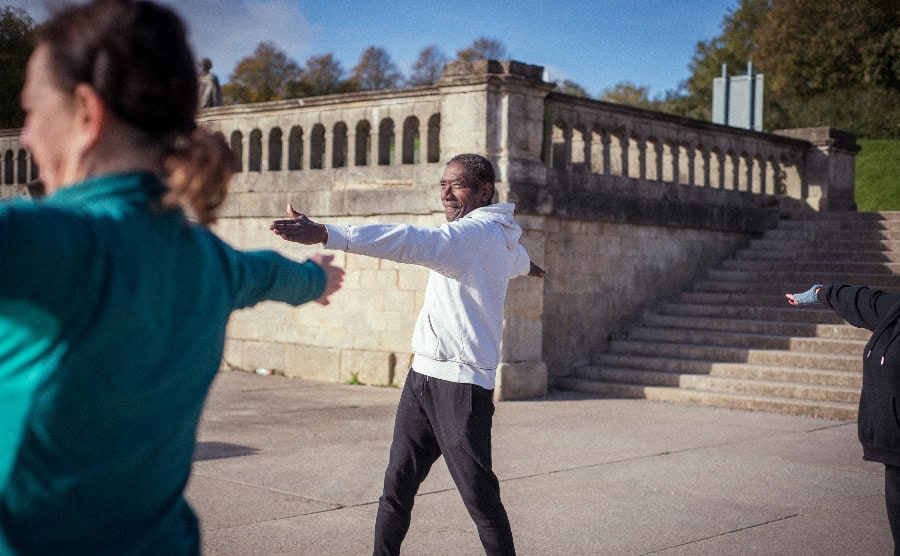The Health and Social Care Select Committee has launched a new inquiry into the role of physical activity in improving the health and wellbeing of older people.
While the Chief Medical Officer called for a focus on “maximising independence and minimising the time spent in ill health between reaching older age and the end of life” in his annual report in 2023, progress on improving healthy life expectancy in England has stalled, according to the committee, and people are spending longer living with ill health in their older years.
Physical activity can play an important role in preventing ill health; however activity levels in England are decreasing and are lowest among older people.
The new inquiry, ‘Healthy Ageing: physical activity in an ageing society’, will explore how physical activity can minimise and delay ill health as people begin to age and how it can be used throughout older age to reduce the impacts of ill health and prevent the development of multiple long-term health conditions and frailty.
The committee will consider what progress has been made since the 2019 NHS England Long-Term Plan set out its ambitions to support people to age well and progress on the early detection and intervention of frailty and other undiagnosed conditions.
It will also examine how health services can work with social care, the third sector, businesses, and local government to support older people to be more physically active and will explore the potential of broadening access to social prescribing and supporting people to manage their own health through prevention schemes and personalised care.
The Acting Chair of the Health and Social Care Select Committee, Paulette Hamilton MP, said: “People are living longer but with a higher incidence of ill health in later life. Physical activity can be a valuable tool in preventing ill health and the onset of frailty and multiple long-term health conditions.
“This inquiry will be an opportunity for us to investigate in depth how the power of physical activity can be harnessed to improve the health of older people.
“Our Committee will look at what barriers there are to older people increasing their physical activity, and how health services can work with other agencies to support activity in older age.
“We will also seek to understand what interventions would have the most impact in reducing variations in healthy life expectancy between the most and least deprived regions.”
The committee has launched a call for evidence and welcomes written submissions responding to questions by 7 August 2025.
The questions include identifying what the opportunities are in public health to promote physical activity to prevent physical and mental ill health at a population level as people begin to age and help them remain healthy into older age, and how can it be delivered.
Other questions ask what the opportunities are for health services to promote physical activity to reduce the impacts of ill health and reduce the development of multimorbidity and/or frailty in older people who already have a long-term health condition, and how can it be delivered.
The call will also ask what interventions would have the most impact in reducing the gap in healthy life expectancy between older people living in the most and least deprived regions; what are the key barriers to older people increasing their physical activity and how can they be encouraged and supported to do more; and how can health services work with social care, the third sector, businesses, and local government to support older people to be more physically active and address existing health inequalities.
In particular, it asks what progress has been made on early detection and intervention of frailty and other undiagnosed conditions and falls prevention schemes; widening, diversifying, and expanding access nationally to social prescribing; and supporting people to manage their own health through prevention schemes and personalised care.
The call will also ask what the government should prioritise in funding allocations for delivering services to support older people to become more active.
Additionally, it asks what the government could learn from examples of best practice that exist in local authorities, the third sector, NHS trusts, or internationally, and what needs to happen to scale up the adoption of these examples across the country.
The UK Government recently published the long-awaited NHS 10-year plan, which sets out the government’s priorities and policies for the health service in England.
The post Inquiry to explore how physical activity can minimise and delay ill health as people begin to age appeared first on AT Today – Assistive Technology.

